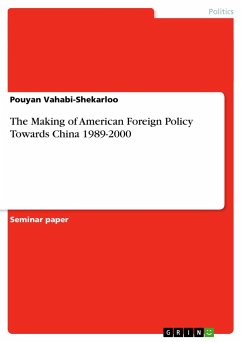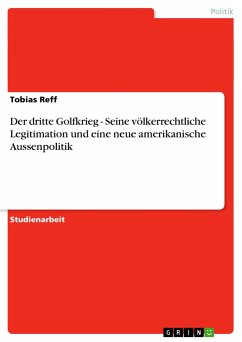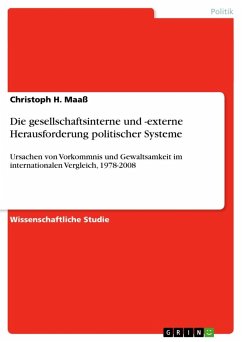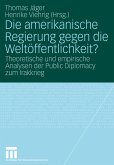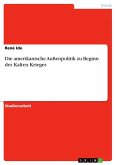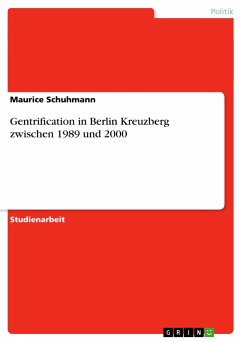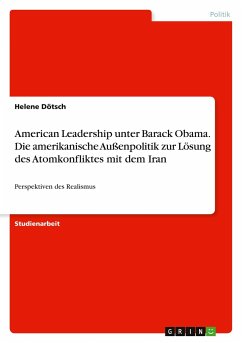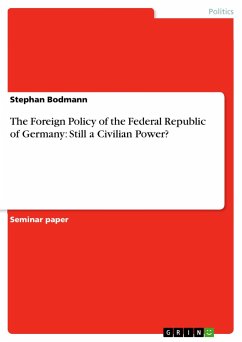Seminar paper from the year 2004 in the subject Politics - International Politics - Region: USA, grade: 2, University of Bonn, course: Amerikanische Außenpolitik vom Golfkrieg bis zum Konflikt in Afghanistan , language: English, abstract: The Basis of this dissertation is the American Foreign Policy toward China after the Tiananmen Square massacre and the end of the Cold War. What is the role of the Executive Branch (Bush Sen. administration, Clinton administration) and what does the Congress have to say in formulating and affecting U.S. policy towards China? Is there a clear work-sharing between the two constituencies? How do they add to each other and how do they hinder each other? What is the role of Interest Groups in influencing policy making towards China? Does it benefit the mutual interests of each, the United States and China or is the benefit only one-sided if not to say to the interest of a third player (the interest group) in the relationship. How do Interests Groups influence Congress and how do they confirm U.S.-China policy? Will the United States and China find a way to coexist with each other in a peaceful manner or will the relationship be more conflictual than cooperative. Will China though be an informal ally or a "strategic competitor" for the United States?The Author of this work will focus his research more on the political process in making China policy rather than on a chronology of events or particular issues as there are American alliances in East Asia (U.S.-Japan Alliance, U.S.-ROK Alliance, Relations to Taiwan (TRA), American plans to deploy a National Missile Defense (NMD) or a Theater Missile Defense (TMD) shield and their meaning for U.S.-China policy. These are also main points in U.S policy towards China, but because of the importance of domestic politics in influencing foreign policy and the increasing role of nongovernmental organizations in the policy making process but also the lack of time and word constrains, the author tries to explain and analyse only questions regarding domestic issues in U.S-China relations that is inevitable for understanding making U.S.-China policy.

